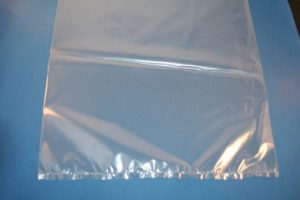
I am highlighting 5 things that you shouldn’t do with plastic. Plastics are synthetic materials used for diverse things. For this article, I am looking at common plastics often used as a packaging material for many of our foods. They include plastic films made of polyvinyl chloride, low density polyethylene, PET bottles and so on. There are beneficial to us. However, misuse of plastics can cause health problems.
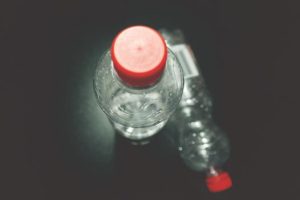
Plastics are often made with plasticizers that determine how hard they are or how soft they are. Bisphenol –A (BPA) is a plasticizer usually added to make plastic material clear and hard. An example is the takeaway plastics. Phthalate, another plasticizer, is added to make plastic softer. An example is the cling film used for wrapping food.
BPA and Phthalates are known to be dangerous to the health because they disrupt hormones. They actually mimic our hormones and research is pointing out that they may be causing health problems such as infertility, cancers, heart diseases and BPA, in particular, is being implicated in the Obesity Epidemic.
In children, who are still at the developmental stage, these chemicals can cause serious disruption with lifelong effects. This is why regulatory bodies of some developed countries have banned the use of BPA in the manufacture of baby cups, plates and bottles.
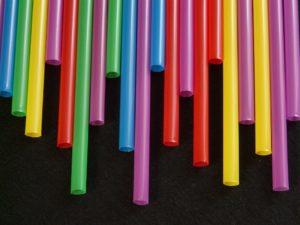
So, here are five ways that we use plastics and they are a No No:
- Cooking foods in Polyethylene bags
Apart from using the Danielli leaves, foods like moinmoin, okpa are also often cooked in polyethylene bags. Polyethylene bags are made as a packaging material and not a cooking material. Studies have shown that chemicals can leach into our foods this way.
- Wrapping hot foods in cling film and Polyethylene bags
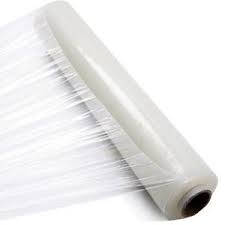
This might hit a nerve because a lot of hot stiff porridges (‘swallows’) made in Nigeria are wrapped in cling films and Polyethylene bags. They are also often reheated with these plastic wraps on. The possibility of plasticizers leaching in these foods is high and real. It is past time a sustainable alternative to wrapping hot food was created to solve this dilemma.
- Converting margarine, ice cream and water plastics into cooking material
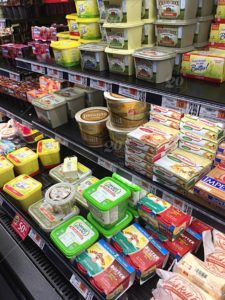
When people are done with ice cream containers or are done with spreads like margarine, the containers are washed and reused. Sometimes, foods frozen in these plastics are placed in microwave ovens or in pots with boiling water to heat up the foods in the plastic. The result is that these foods might contain these chemicals that are dangerous to health.
- Using old, cracked or scratched microwaveable-safe containers
Even when you buy appropriate plastics – that is those declared safe for heating and microwaving – there is a tendency to overuse them till they are old, cracked or scratched. Continuous use of such plastics can cause plasticizers to leach into the foods. So, throw them out.
- Ignore instruction of plastic containers
Manufacturers sometimes put instructions on their products for the safety of their consumers (at least for manufacturers with good ethics). Some plastics are not to be reheated after one use, some are not to be heated and some should not be used to handle hot food. If there are instructions, follow them. You could be saving yourself a whole lot of headache later on.
For plastics that do not have any instructions, like some of our locally made Polyethylene bags and clear takeaway containers, be careful how you use them especially by sticking to the information above.
In a nutshell, there are other materials such as ceramics and glasswares that you can use to reheat or heat your foods. Being healthy is not just about eating quality meals and engaging in physical activities, it also means that you have to protect yourselves and your family from harm –physical or chemical. It is better to be on the side of caution than to be sorry especially at this time when the incidences of cancers and other diseases are so high.
So, take the time out to weed out cracked or scratched plastics from your cupboards and replace them if you must use plastics. Also, look for an alternative way of wrapping your foods. All in all, remember to eat better and live better.



Thanks for the useful information on the use of plastic.
You are welcome Ma